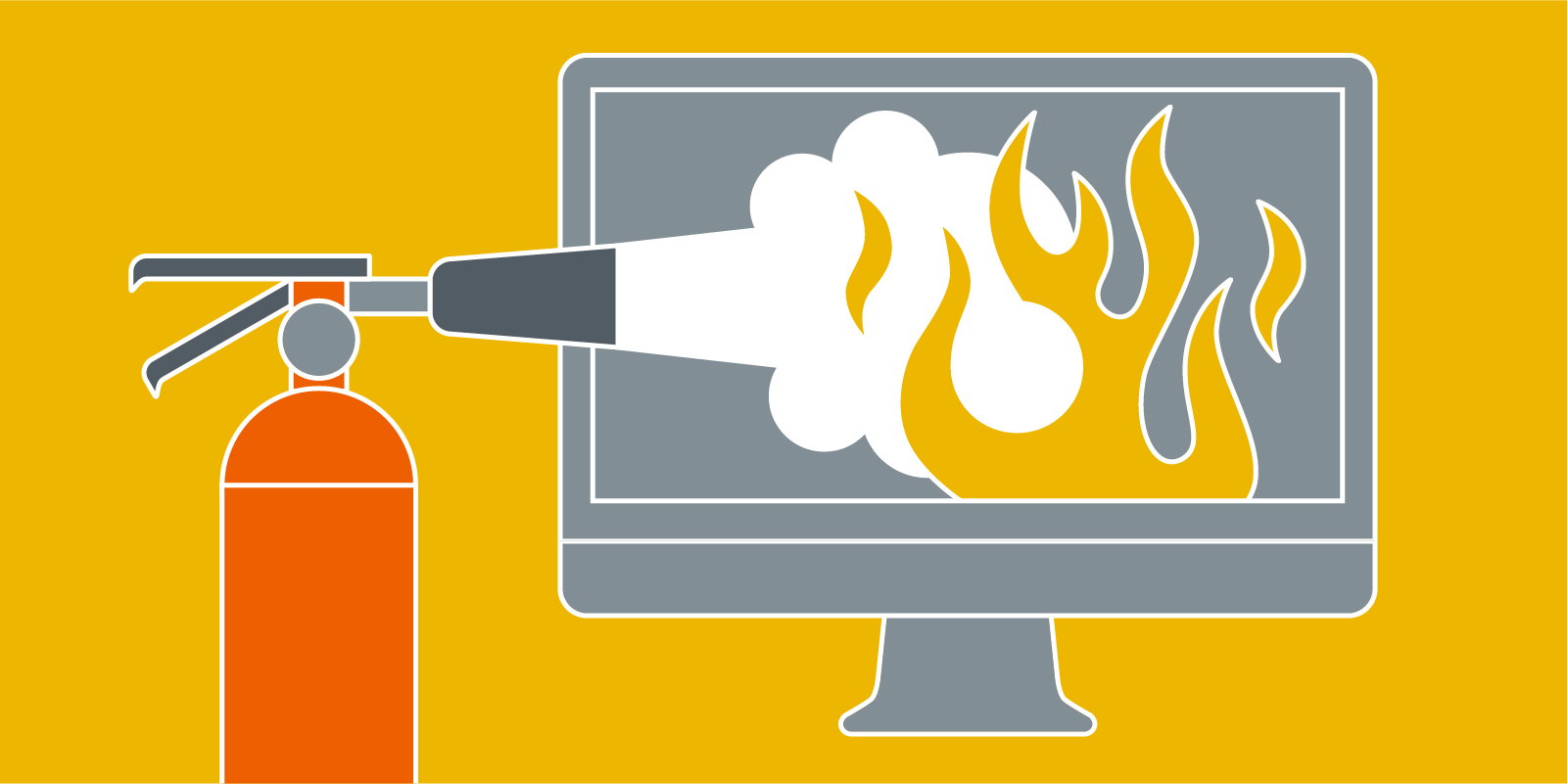When Bad News Breaks
05.26.20 · Greteman Group
Let’s play a little what-if game. What if some damaging news about your company broke on Twitter and immediately exploded? Could your website and email handle the traffic? Is your crisis communication plan prepared, so you can respond quickly and strategically?
A while back, I wrote a column suggesting things to do before crisis strikes. My spidey sense says you were too busy to take action, so now you’re facing an outraged Twitterverse – and are starting to see mainline media pick up the reputation-damaging news. And you’re not ready for the spotlight now fixing its beam on you.

The time for planning and practice is past. You must act. Here are some rapid-response suggestions to help you through.
Boost Your Website
Let’s assume your site crashed because it got overloaded by the influx of visits. Have IT reach out to your web host. Have any basic data caps removed. It’s worth the potential added expense to have people able to access your side of the story. While IT is getting your site back up among the living, post notices on your social networks. Moving forward, consider adding a content delivery network (CDN,) which ensures that your site stays online even if you’re dealing with a mass influx of traffic.
Communicate Across Channels
Take over your homepage or a section of it. Don’t make people hunt for your response. Put it front and center. A shorter message on your homepage can link to your newsroom or blog where you can post ongoing updates and facts as you learn them. Hopefully you have a content-managed and not hard-coded site. If it’s the latter, then you’ll have to work through a programmer to make your changes. Never ideal. Your life just got harder.

Reach out directly to customers and stakeholders with an email to your full mailing list. Let them know your website will serve as the primary clearinghouse for fact-checked, continually updated information. Post links on Facebook, Twitter and LinkedIn.
Be Human and Truthful In Your Responses
Make your comments first and foremost about any people involved. Crisis communication should communicate empathy and emotion for them. Don’t make this about you. Take reporters’ calls. Make yourself accessible. Don’t have all the answers? It’s okay to say, “I don’t know, but I’ll do my best to find out.”
S#$% happens. The world forgives mistakes. It never forgets lies. Not that you would tell any, but, if tempted, let your better self prevail. Don’t compound the bad with half-truths and coverups. Your mama taught you better.
This too shall pass. Keep reminding yourself of that.
